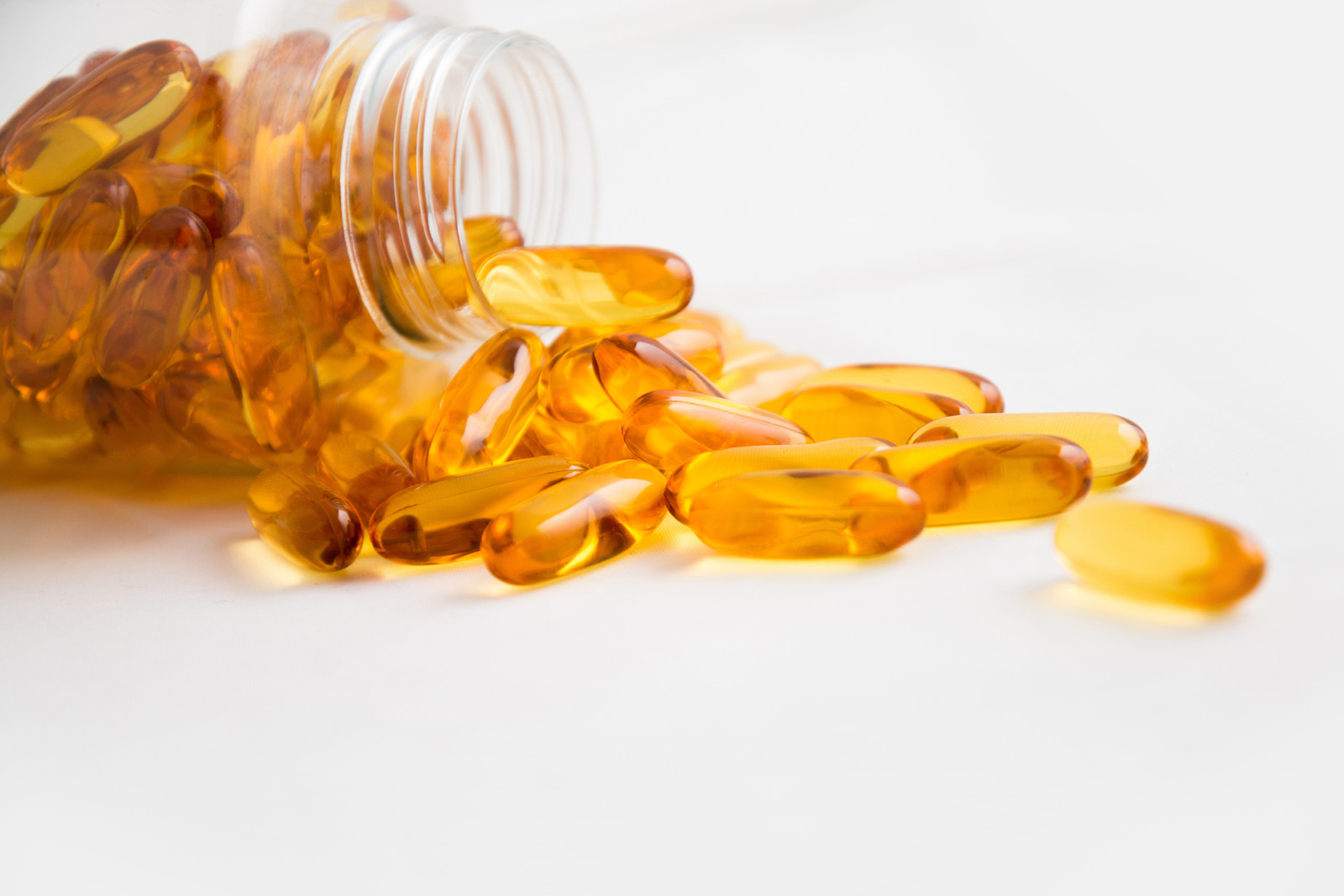Learn about brain health and nootropics to boost brain function
5 Types of Supplements That Can Help Improve Brain Function

In the same way high-performance athletes take dietary supplements to improve their physical function, you can take supplements to improve your cognitive function. Nootropics is the name given to natural supplements that increase brain performance, including memory, motivation, alertness, concentration, creativity, and general cognitive function.
These are the five types of nootropics that experts recommend to give you that cognitive edge and mental sharpness to excel in your work or studies. For more information on supplements and their health benefits, visit conservehealth. Fish Oil
Fish oil is packed full of brain-boosting fatty acids and proteins. Docosahexaenoic acid and eicosapentaenoic acid are two types of Omega-3 fatty acids. These play an important role in the daily function and structure of your brain cells.
Supplementing your diet with fish oil pills and Omega-3 fatty acids can reduce brain inflammation and protect against the cognitive effects of aging. In healthy individuals, regular Omega-3 supplementation has been linked to improved memory performance, reduced cases of depression, and reduced diminution of brain function due to aging.
Experts recommend supplementing your diet with two Omega-3 or fish oil tablets per week, or 1 gram per day to enjoy the benefits.
Folic Acid/Vitamin B6 and B12
A high presence of an amino acid known as homocysteine in the brain has been linked to increased rates of dementia and Alzheimer’s in later life.
Homocysteine is metabolism of protein, meaning those with a meat-intensive diet often have higher levels of homocysteine in the brain. A study carried out by Oxford University found that supplementing your diet with folic acid, vitamin B6 and vitamin B12 can protect against the worst impacts of homocysteine and protect against brain shrinkage in old age.
Resveratrol
Resveratrol is an antioxidant that can be found in several “superfoods” including blueberries. Its supplementation has also been linked with reduced rates of memory loss.
The hippocampus is responsible for preserving the brain’s memory functions. Resveratrol can help preserve the hippocampus in older users. It also has protective qualities in younger users. A study followed participants as they took 200mg of resveratrol a day over a 26-week period. At the end of the observation period, the participants performed better in a memory test.
Vitamin D
Over half of the US population suffers from vitamin D deficiency. Part of this is due to our indoor lifestyles and limited exposure to sunlight; however, rising levels of obesity are also playing a major part.
Vitamin D is fat-soluble. This means that when the body increases its bodyfat percentage, vitamin D becomes trapped in fat tissue, leaving the body deficient.
Low levels of vitamin D have been linked to increased rates of Alzheimer’s. Therefore, it is recommended that those that cannot spend at least 10-15 outdoors in the sun each day, should supplement their diet with vitamin D supplements.
Caffeine
While too much caffeine can have a detrimental impact on overall health, in small, manageable quantities, caffeine is a good way to increase mental alertness and fend off tiredness. The amount of caffeine in one cup of coffee a day is generally considered sufficient to increase alertness without inducing the negative side effects of heavy caffeine use, including anxiety, nausea, and insomnia.
Read more at optimisticmommy.com